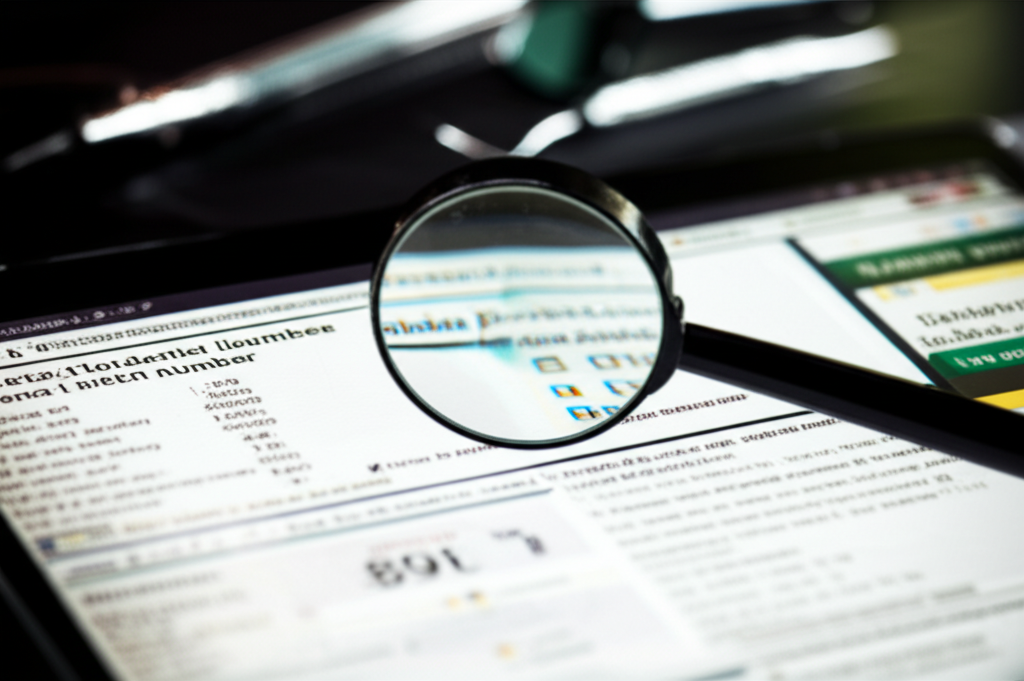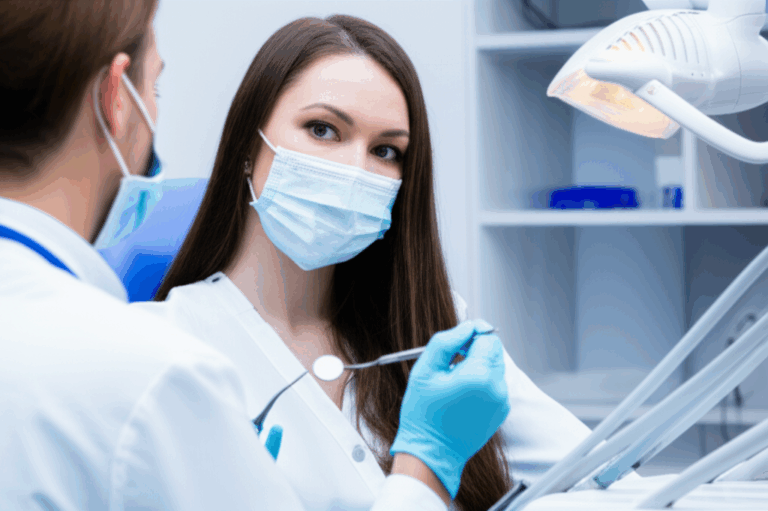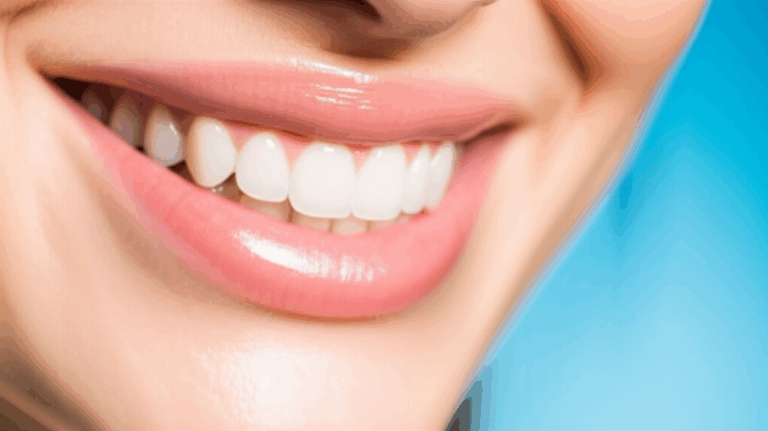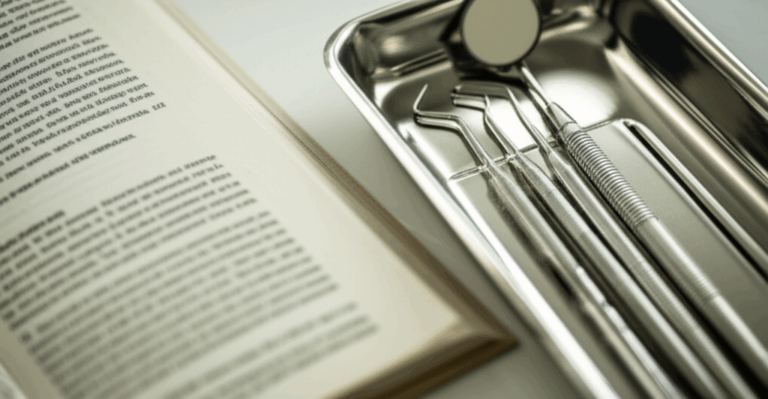
How to Find a Dentist’s License Number: My Step-by-Step Guide for Peace of Mind
Welcome! If, like me, you want to be absolutely sure your dentist is who they say they are, you’re in the right place. Over the years, I’ve learned that double-checking a dentist’s license isn’t just a good idea—it’s really important. Let me show you exactly how I do it, what I look for, and why it matters for your safety and comfort.
Table of Contents
- 1. State Dental Board Website: The Only Source I Really Trust
- 2. The Dentist’s Office or Their Website
- 3. The National Practitioner Data Bank (NPDB)
- 4. Professional Directories (Good for Screening, Not for Proof)
Why You Should Verify a Dentist’s License Number
I remember the first time I wondered if my dentist was really trained and allowed to work. I was both worried and curious. But what made me check was reading about dental scams and seeing stories of illegal “dentists” hurting people.
Here’s what I’ve learned:
- Prove your dentist is real. Just because someone says they’re a dentist doesn’t make it true. A license shows they can treat you legally.
- Look for bad records. Things like discipline or warnings help you know if a dentist broke the rules before.
- Protect yourself for legal or insurance reasons. If you ever need to make a complaint or file insurance, you’ll need the license number.
- Feel better about your care. It just feels safer knowing you checked.
I’ve heard of fake doctors and people with lost licenses still seeing patients. Spending a few minutes checking could keep you safe.
The Main Ways I Find a Dentist’s License Number
Let’s keep this simple. I use four main ways to find any dentist’s license number—starting with my favorite.
1. State Dental Board Website: The Only Source I Really Trust
If you only remember one thing, let it be this: your state’s dental board is the boss. I’ve checked many dentists using their website, and it works every time.
Here’s my step-by-step guide:
- Dentist’s name and license number
- If the license is active, expired, or taken away
- Dates license was given and when it ends
- History of warnings or discipline
- Work address and maybe school information
Pro tip: Even if your dentist tells you, “Don’t worry, I’m licensed,” it’s better to check for yourself. I once saw a dentist who didn’t just have an old license—it had been taken away for breaking rules. I might have been the one in trouble!
Why I always use state sites:
- Info is almost always the latest—sometimes updated each day.
- You can see if there are warnings, complaints, and where they work.
- Every U.S. state makes this info public. No need to pay or sign up.
Example:
Once, when looking for a crown and bridge lab in my city, I wondered if dental labs had licenses like dentists. Not all labs are regulated, but it made me check each dentist I meet.
2. The Dentist’s Office or Their Website
Good dentists are happy to share their info.
- In the office: Many have a certificate or license framed on the wall. If you don’t see one, ask at the desk. I’ve asked before, and they told me pretty fast.
- On their website: Check “About Us” or “Our Team” sections. Some put their license numbers, schools, or even a picture of their certificate.
My tip: If a dentist gets nervous or won’t show you, walk away. You have the right to ask!
3. The National Practitioner Data Bank (NPDB)
The government tracks all healthcare workers here, not just dentists. It has discipline and legal records.
- Most of it is private. Hospitals and boards see most of the real info. Patients can sometimes ask, but it’s not simple.
- When I use it: If I already notice something odd on the state site or have a big worry. Usually, the state board has everything I need.
4. Professional Directories (Good for Screening, Not for Proof)
Websites like the ADA “Find a Dentist,” Healthgrades, or Zocdoc help you find dentists—helpful if you’re searching for one or just want reviews.
- But… Most don’t show license numbers or up-to-date info.
- I use them to start, not to finish. I found my implant dentist with one of these but still checked his license myself.
If you’re thinking of getting crowns, veneers, or implants, make sure you check the dentist’s info—plus the lab (like a digital dental lab)—before you choose.
What a Dentist License Number Shows—And What It DOESN’T
At first, I thought a license number was just a number. But here’s what you actually get when you look one up (which is why it’s worth it):
- If the license is good. Is it active, expired, or taken away? Only active is safe.
- When the license started and ends. You’ll see if they renew it on time—an expired license is a no-go.
- Past discipline. Any warnings or trouble with the board? You may see details (like “license taken away for no insurance”).
- Where they work. Make sure addresses match the office you plan to visit.
- Education and extras. Some sites show dental schools and extra training.
What you usually won’t see:
- Private info or reasons for every license change.
- All details of legal trouble. You might need to ask for those.
What to Do If You Don’t Find a License or See Warning Signs
I’ve had this happen—and I’m glad I checked before starting treatment. Here’s what I do:
1. No record found
- Check the dentist’s name spelling, maybe try their nickname.
- If they’re not there, call your state dental board. One time, I found out a dentist used a short version of their name that wasn’t listed.
2. License expired, taken away, or not active
- Don’t let them treat you. Walk out.
- Tell the dental board—every website explains how. (I helped a friend fill out an online form when her dentist lost his license.)
3. Bad discipline history
- Read what happened. Not all mistakes are dangerous—sometimes it’s a small mess-up, but sometimes it’s fraud or hurting people. When in doubt, find someone else.
4. Not licensed at all
- Report it right away. Boards are strict about this.
- Try to give as much info as you can: name, office, anything you saw.
5. Still confused?
- Ask the dentist or front desk—or just pick another dentist.
- You should always get honest answers about your healthcare.
The Serious Risk of Unlicensed Practice
I’ve seen stories of “dentists” with fake papers, degrees, or who kept working after losing their licenses. The risks are real:
- Getting hurt: Infections, bad crowns, unsafe anesthesia—that’s just a start.
- Scams: Some steal money or even real dentists’ identities.
- No legal help: If you’re hurt by an illegal dentist, it’s really hard to get justice.
- Bad work: Dentists who get away with this don’t have anyone checking their work.
For me, these aren’t just “what-ifs”—real people get hurt every year because they didn’t check.
My Takeaways: Why This Matters for Patients Like Us
After many years looking after my own teeth—and helping friends and family find dentists—I know this: Checking your provider’s license is the easiest “insurance” you can get for free.
Why checking matters:
- Safety: You skip risky or dangerous care.
- Protection: You can complain to the board if there’s a problem.
- Peace of mind: You feel better knowing your dentist is in good standing.
- Control: You choose with facts, not advertising or just word-of-mouth.
I check every new dentist, hygienist, or specialist I see. Sometimes I even look up the labs they work with, like a china dental lab. It’s not being over-careful—it’s just smart.
Frequently Asked Questions (FAQs)
Q: Is checking a dental license public info?
Yes! Laws say this information must be open to protect us.
Q: How often are databases updated?
Most boards update every day or every week. So you get the latest info.
Q: What if I need the license number for paperwork?
Use the state board’s search. My insurance once refused my claim because the number the office gave didn’t match the board—they check!
Q: Does this work for specialists?
Yes. Most have a basic dental license, and some extras for their specialty. Check both.
Q: Can I see a dentist’s legal trouble?
Sometimes state boards post it. The NPDB tracks some lawsuits, but not all details are public. If you see lots of discipline, look into it more.
Q: Are discipline problems common?
You might be surprised! In 2022, there were over 19,000 bad actions against healthcare workers of all kinds. Working without a license still happens every year.
Q: Can I check lots of dentists fast?
Usually, state dental board sites let you search by name, city, or type. Some let you look up lists for a whole area.
Conclusion: Your Next Steps
Finding a dentist’s license number—and making sure it matches the latest public records—is fast, free, and really helps. For me, these few steps changed how safe I feel about my healthcare.
Here’s my simple advice:
You wouldn’t buy a car without checking the history. Why take risks with your teeth, your smile, and your health?
Ready to check your dentist? Look up your state dental board now. If you get stuck, ask for help—that’s what the boards are for. Your health is worth it.
Feel free to share this guide with your friends or family. Let’s keep dental care safe and honest for everyone.








